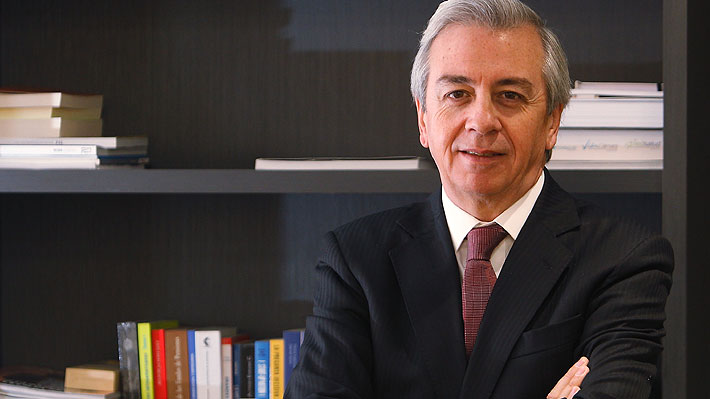Codelco says to ignore copper’s gyrations, remains bullish on demand

Copper’s recent pullback is a speed bump in an ongoing long-term growth trend, according to the world’s biggest producer of the metal.
The metal used in wiring took a hit in recent weeks along with other commodities in reaction to signs of slowing Chinese growth, before recovering in the last few days as China’s success in containing a sprawling Covid-19 outbreak shored up confidence. Beyond the shorter-term ebbs and flows, copper’s strength is underpinned by infrastructure spending and the transition to clean energy and transport, Codelco Chairman Juan Benavides said Tuesday.
“Fundamentals remain intact and there will be growing copper demand ahead, which means the outlook for the mineral remains very good,” he told reporters in northern Chile, where the state-owned company kicked off a $1.4 billion investment at its Salvador mine.
Codelco is plowing ahead with a multibillion-dollar overhaul of its aging deposits after decades of underinvestment. Despite a strike at its Andina mine and other wage talks still in process, the company expects to produce slightly more this year than last. Recent pandemic-related disruptions at Chinese ports haven’t affected Codelco shipments in any meaningful way.
“Most of our cathode contracts are annual and with defined monthly amounts and are executed at their maximum,” the Santiago-based company said in a response to questions.
Benavides said copper prices — which remain at highly profitable levels despite recent volatility — aren’t a factor in the company’s collective bargaining processes. Union leaders disagree, saying workers should share in the windfall.
The chairman said Codelco is approaching wage talks in a responsible manner, taking into consideration the productivity of each division and the company’s duty to generate money for the state.
A strike by the two main unions at Andina is completing a second week, with a Salvador union scheduled to vote on the company’s final offer in the coming days and four unions about to begin regular talks at its top mine, El Teniente.
(By James Attwood)
More News
Contract worker dies at Rio Tinto mine in Guinea
Last August, a contract worker died in an incident at the same mine.
February 15, 2026 | 09:20 am
{{ commodity.name }}
{{ post.title }}
{{ post.date }}




Comments